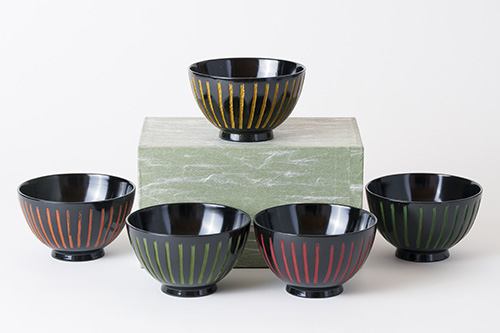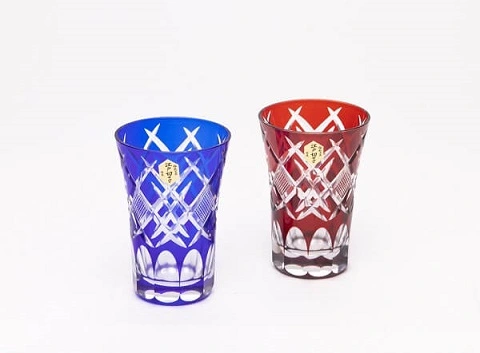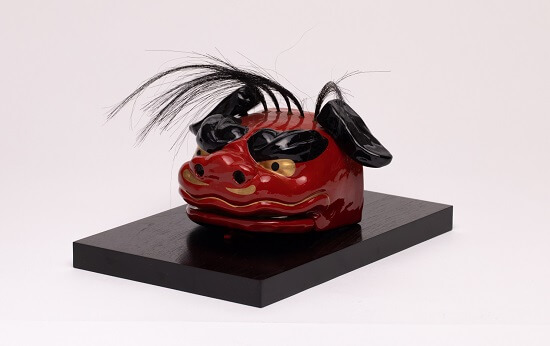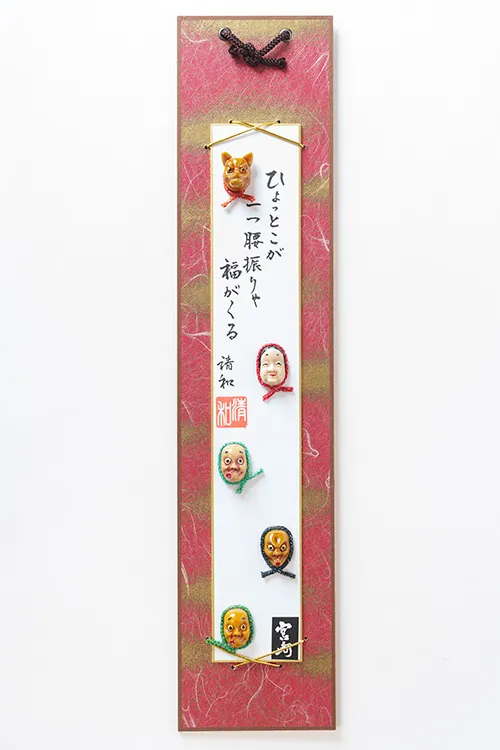
108-111
Updated at 2022-03-22
Glasswork is "garasu" in Japanese and refers to the process of creating finished products by fusing natural minerals, such as silica sand, sodium bicarbonate, and limestone at high temperatures. Unlike ordinary colorless and transparent glass, Japanese glassmakers are like magicians of color. They add different metals into their works to create hundreds of color variations. For example, adding nickel creates a light green color, and manganese creates light purple. The most common color is blue, created by adding small amounts of cobalt. It is said that the most challenging color to manipulate is red, which is achieved by adding copper. The hue and saturation are controlled manually and from experience, and temperatures are also controlled to produce textural changes. Every product is unique in color and curvature.
Alliance Date: August 9, 2016
Language: Japanese
Area: 5,156 square kilometers
Population: Approx. 6,280,000 people
Main industry: Chiba Prefecture has a strong focus on industrial and commercial development, with the Port of Chiba at the center forming the Keiyo Industrial Zone, a hub for the petroleum and steel industries and a key distributor of raw materials and energy for industry. Narita International Airport located in Chiba attracts industries such as aviation and international logistics, serving as a base for many foreign investments.
相關藏品

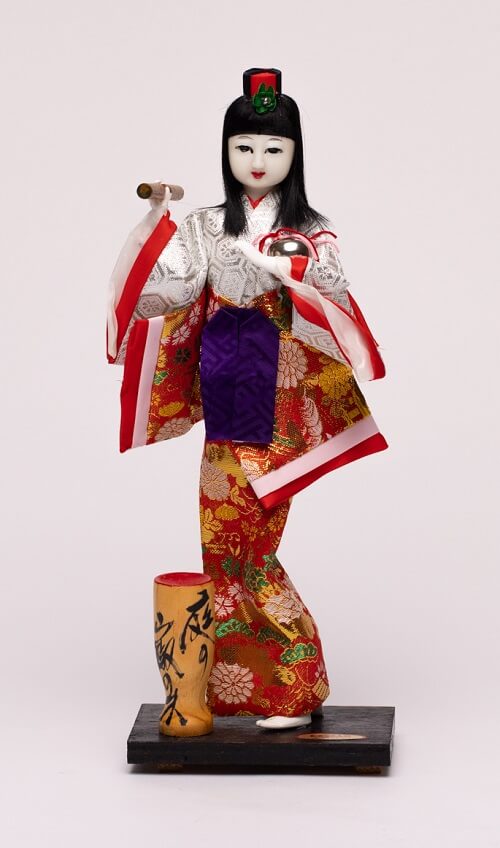
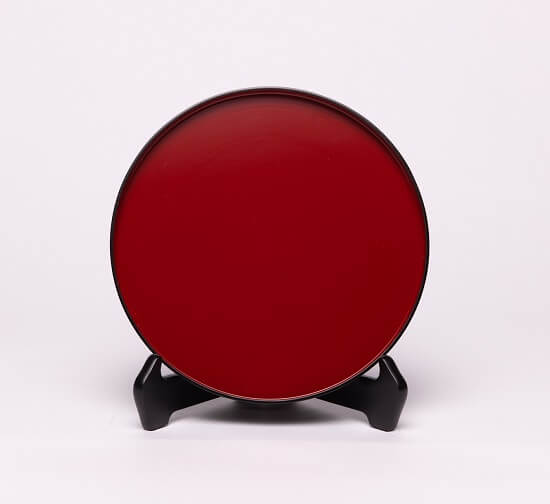
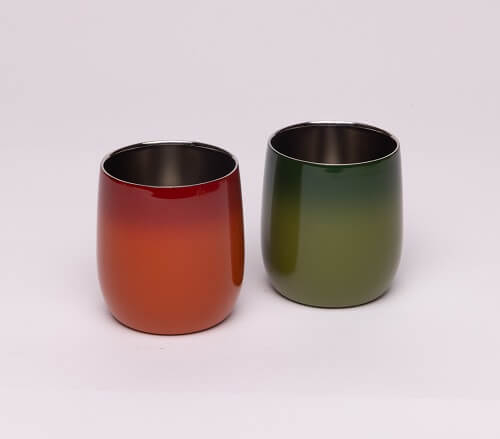
.JPG)
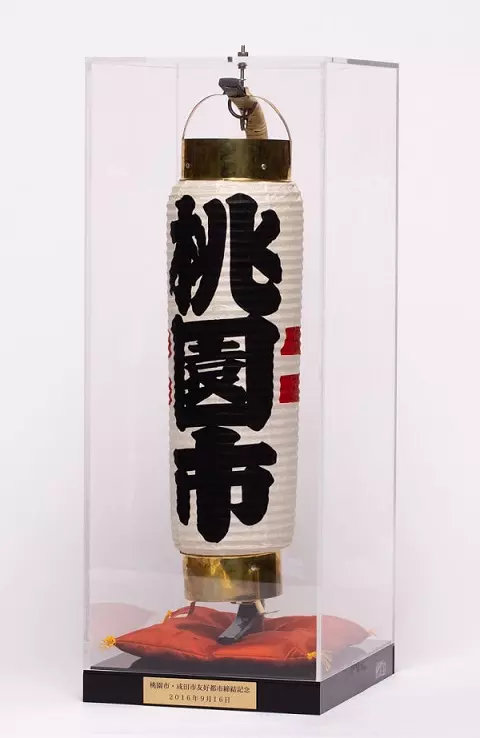
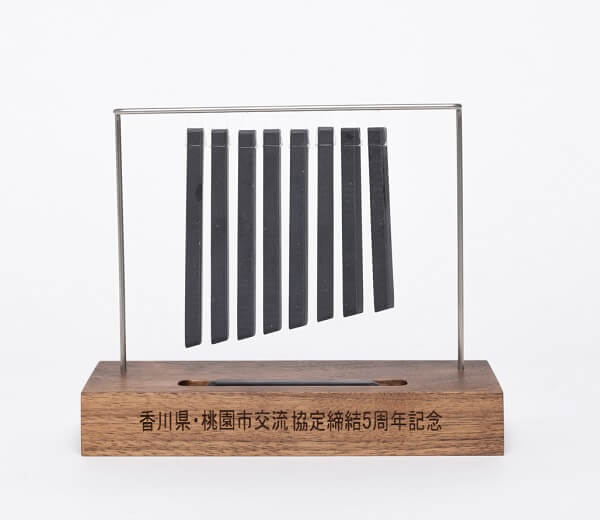
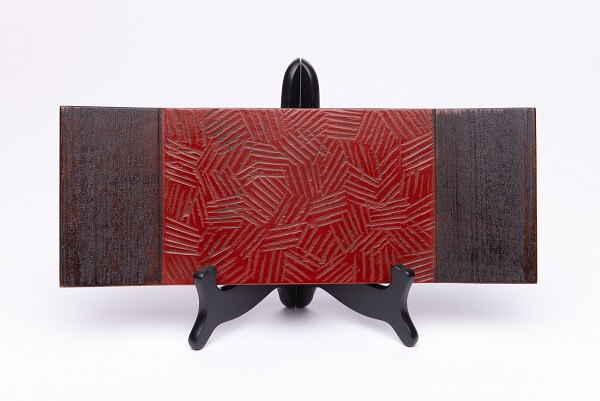
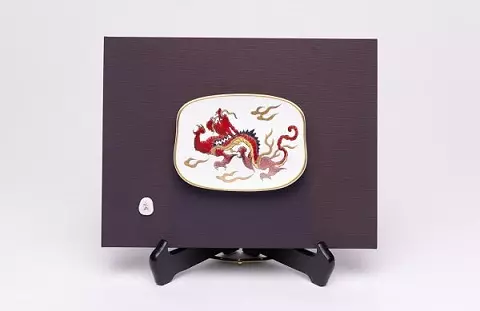
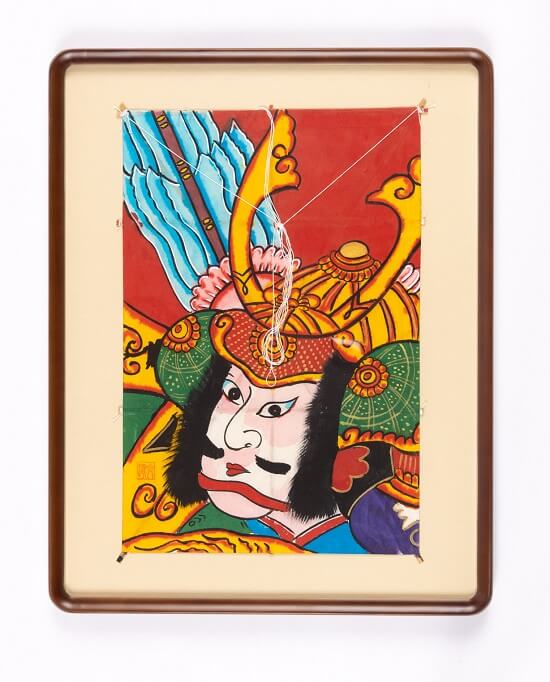
.jpg)
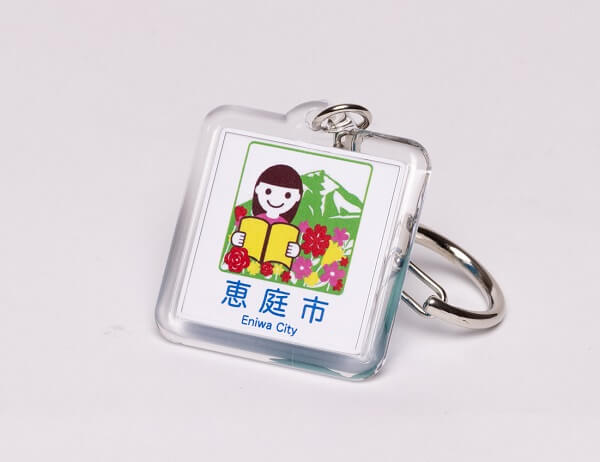
.JPG)
.webp)
.webp)
.jpg)

